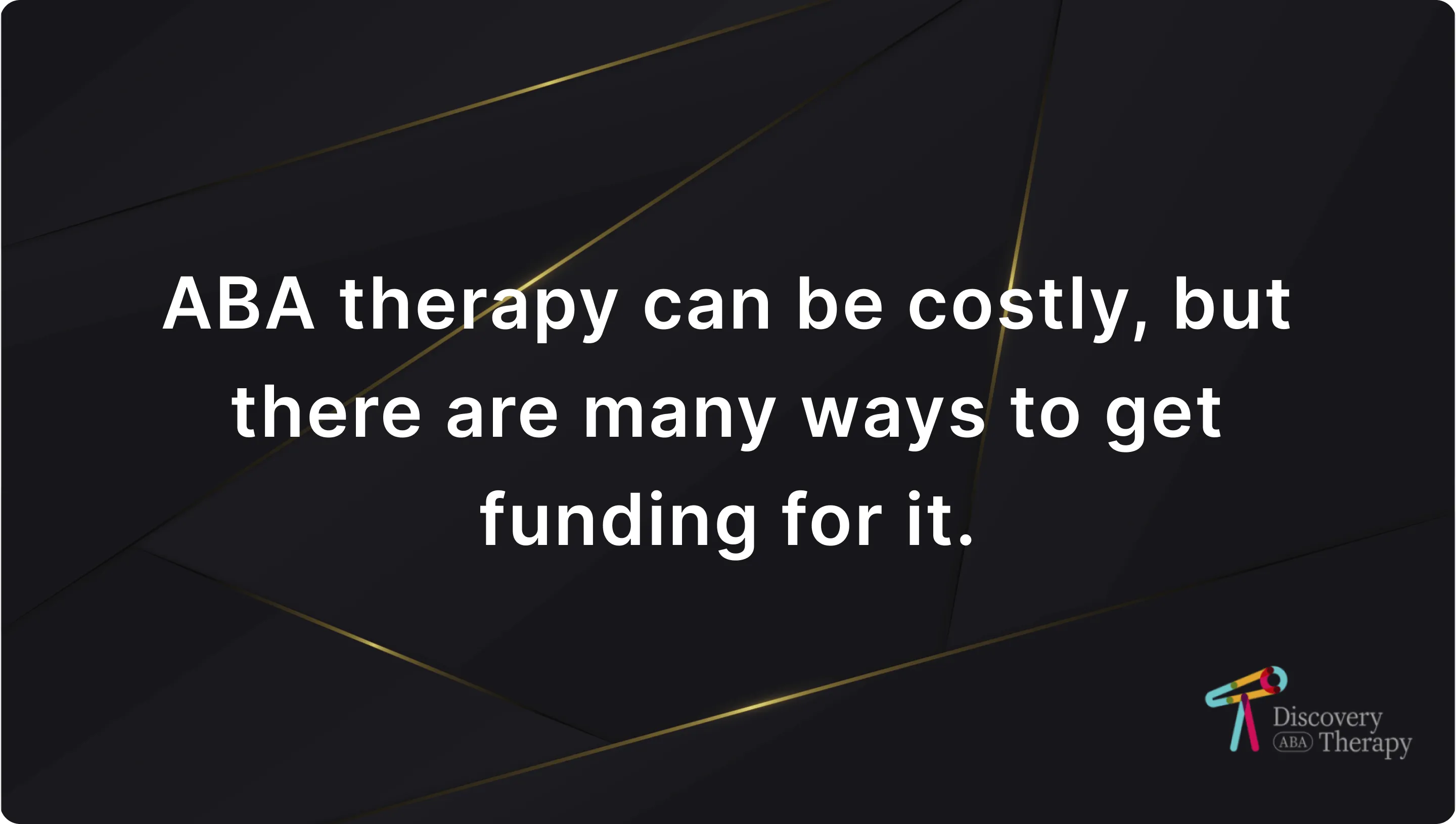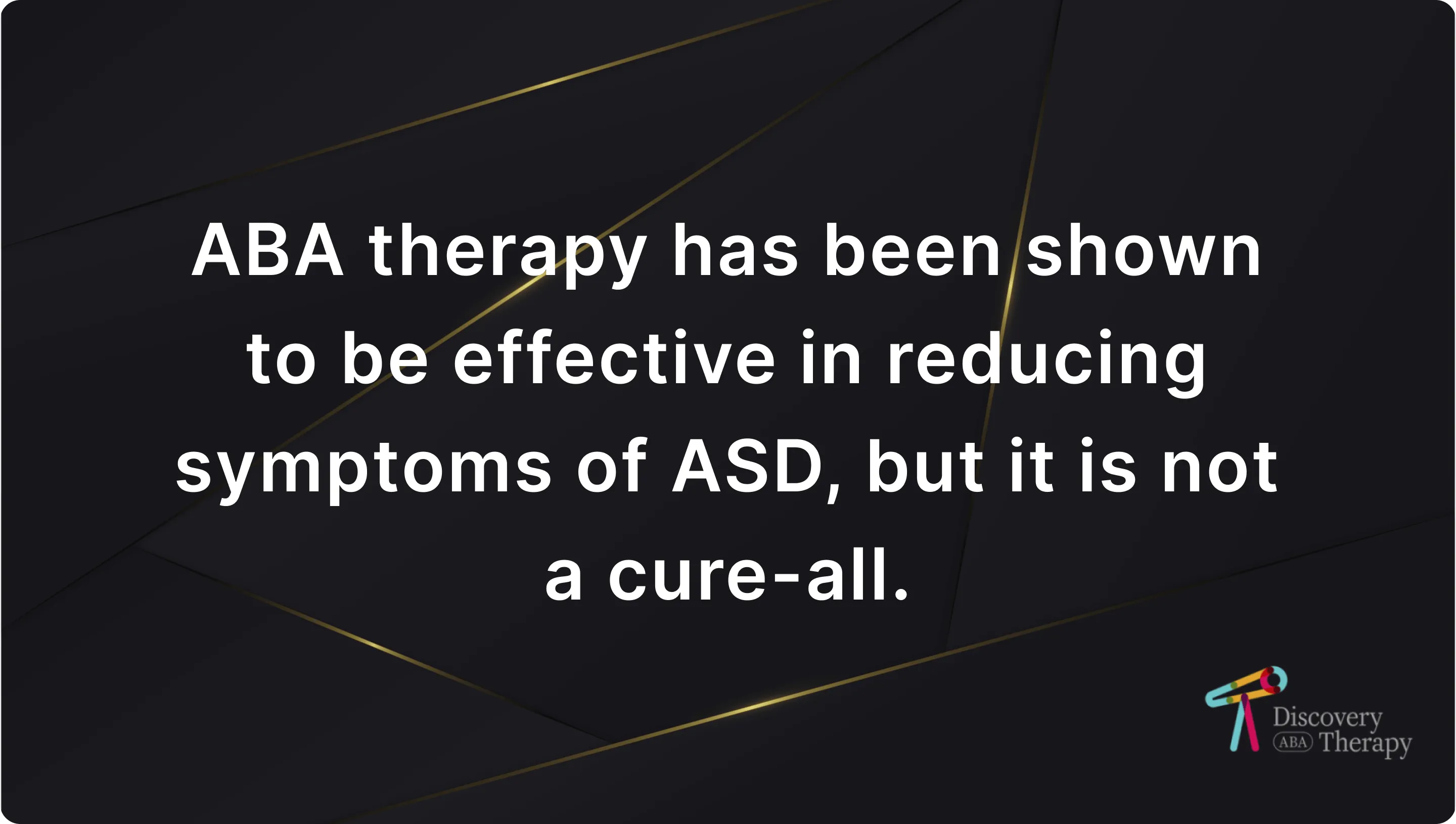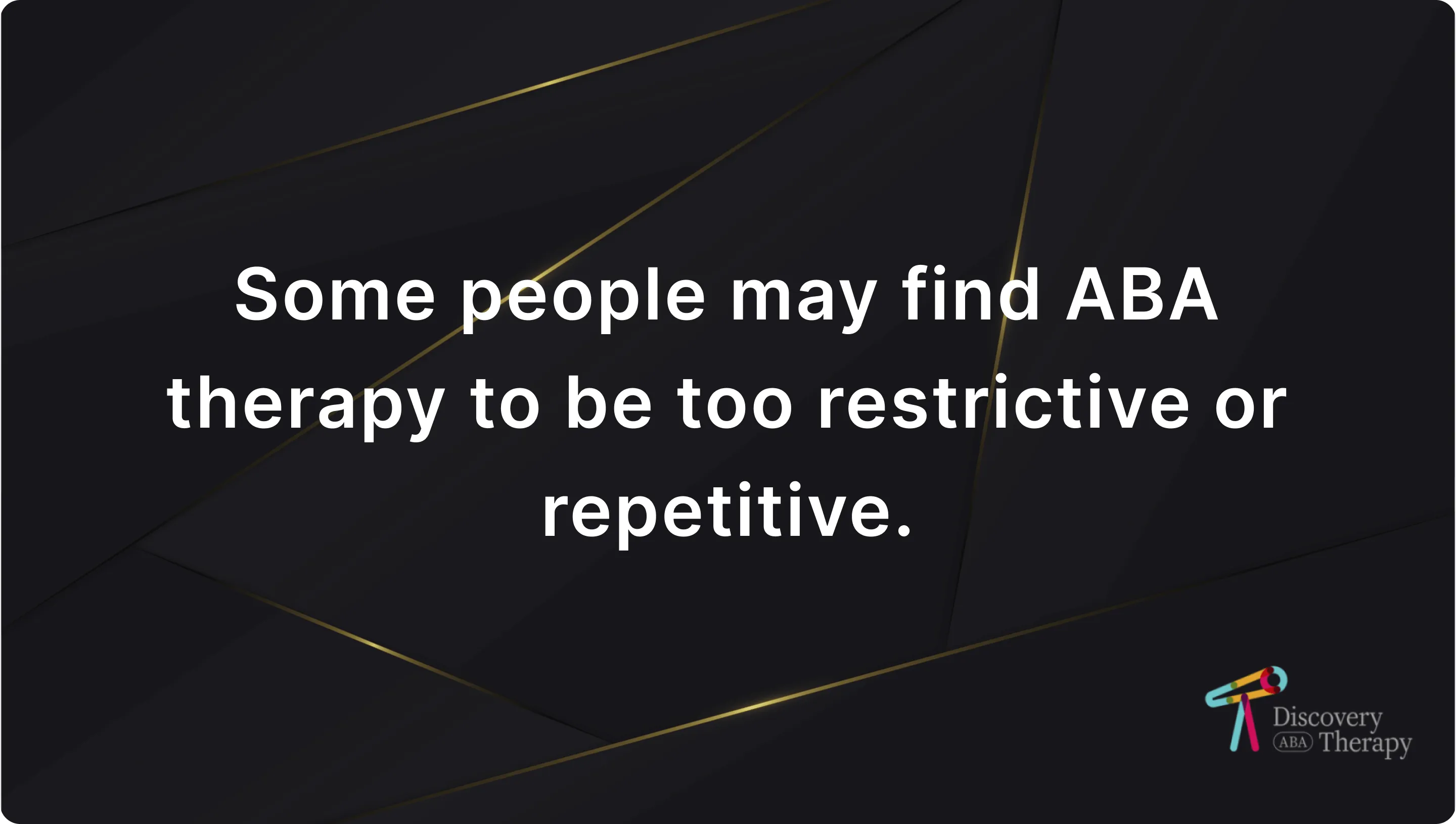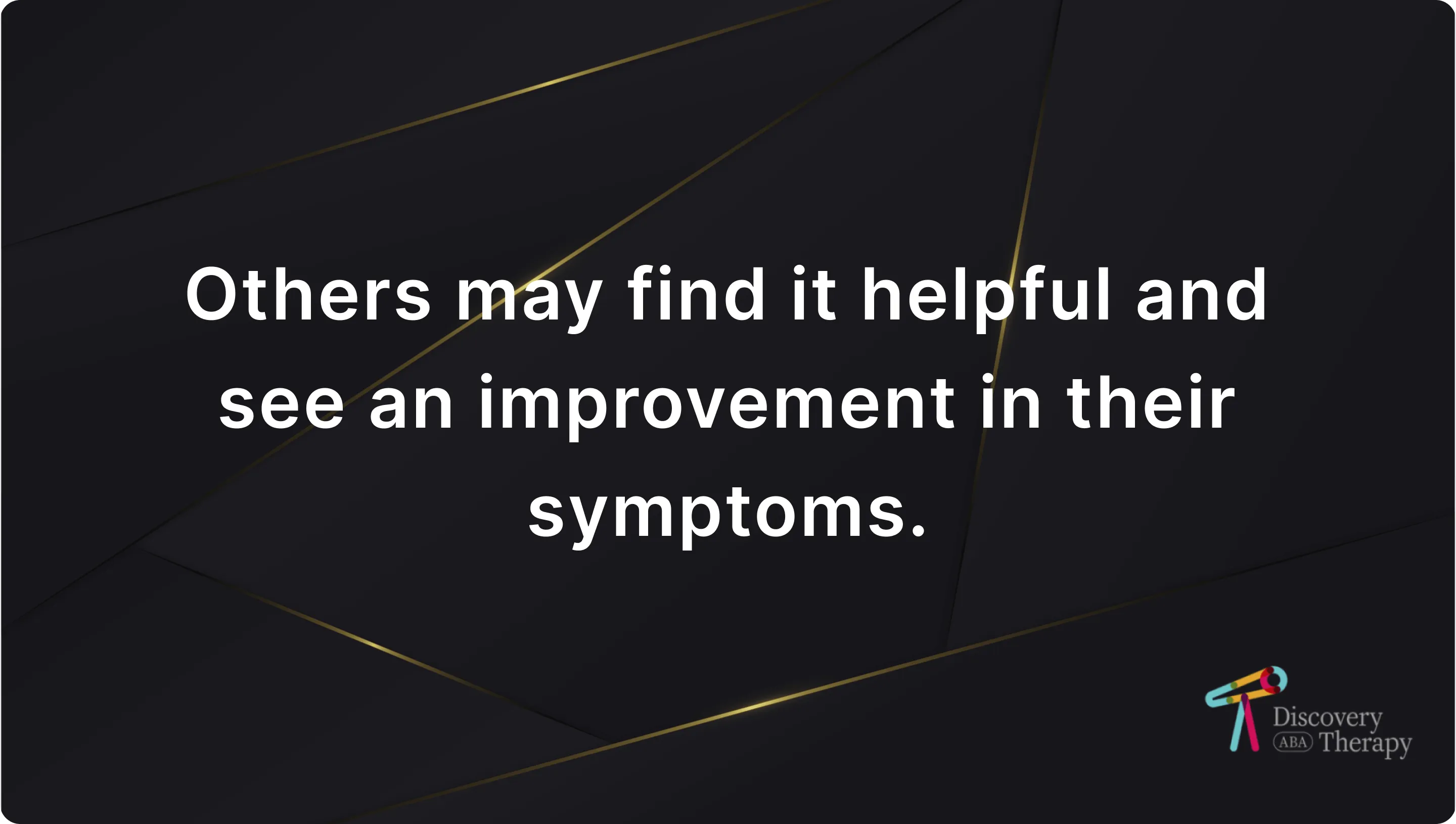ABA Therapy Pros & Cons: What You Should Know
Here are the most important benefits and drawbacks of ABA therapy to consider.

Benefits & Drawbacks Of ABA Therapy
The benefits of Applied Behavior Analysis (ABA) therapy are well-documented, but there are also some drawbacks to consider. In this blog post, we'll explore both the pros and cons of ABA therapy so you can make an informed decision about what's best for your child.
ABA therapy is a type of behavior therapy that is used to help people with autism spectrum disorder (ASD)

ABA therapy has been a mainstay of the autism care industry for some time now, and it's no surprise why. ABA stands for Applied Behavior Analysis, and its primary goal is to help individuals with autism spectrum disorder develop and increase helpful behaviors while reducing unhelpful ones.
Through the course of ABA therapy, therapists use positive reinforcement, rewards systems, and other tactics to modify behavior over time.
ABA therapists also use data-driven decision-making to ensure that each person has their individual needs addressed during the course of therapy. In fact, many parents have reported seeing significant successes with ABA therapy in helping children with ASD make meaningful strides in terms of daily life activities.
While research surrounding ABA still continues, the evidence makes it clear that this form of behavioral therapy can have profoundly beneficial effects on young people on the autism spectrum
ABA therapy can be costly, but there are many ways to get funding for it

ABA therapy is an extremely effective treatment for those with autism spectrum disorders, but the cost of such treatments can be daunting.
However, there are a number of options for funding ABA therapy that can make treating ASD more accessible and affordable. Government agencies like Medicaid and private organizations may provide grants or other forms of financial assistance to cover the cost, or insurance companies may offer coverage for some of the costs associated with therapy.
Ultimately, researching different options is key to finding an option that fits your financial needs.
ABA therapy has been shown to be effective in reducing symptoms of ASD, but it is not a cure-all

ABA therapy is a popular and effective treatment for those on the autism spectrum, but it is important to remember that it does not offer a guarantee at success.
Positive results have been demonstrated in reducing symptoms related to autism and it can be incredibly helpful in improving communication and social skills, however, there are individuals who have undertaken ABA therapy with minimal progress or no progress at all.
Unfortunately, like any form of therapeutic intervention, ABA has its limitations. It is vital to keep an open mind and plan for other possible treatments if you are having difficulty seeing the desired results.
Some people may find ABA therapy to be too restrictive or repetitive

Applying ABA (Applied Behavior Analysis) therapy may seem to be limiting and restrictive to those unfamiliar with the process. It is certainly true that the goal of ABA is to reinforce good behavior through a consistent way of responding, yet this doesn't inherently restrict the ways individuals can grow or progress.
In fact, progress within an ABA framework can be quite freeing in its own right as once behavioral objectives are met, a person can ‘graduate’ and move on with life in new and exciting directions. When used properly, ABA enables individuals to sustain healthy responses to their environment while also remaining open to growth and new experiences.
Others may find it helpful and see an improvement in their symptoms

Living with a mental health condition can be both isolating and overwhelming. Connecting with others who have similar conditions can make all the difference. Not only does it provide an opportunity to share advice, tips, and emotions, but it can also help improve symptoms.
This is because you are surrounded by people with relatable experiences who understand what you may be going through. It's important to seek support from friends, family, medical professionals, and other resources that are available in your community so that you do not feel alone in managing your mental health condition.
With ample encouragement and support, many people find helpful tools to assist them in alleviating their symptoms over time.
Conclusion
ABA therapy is a type of behavior therapy that is used to help people with autism spectrum disorder (ASD). ABA therapy can be costly, but there are many ways to get funding for it.
ABA therapy has been shown to be effective in reducing symptoms of ASD, but it is not a cure-all. Some people may find ABA therapy to be too restrictive or repetitive. Others may find it helpful and see an improvement in their symptoms.
Sources
Does Your Child Have An Autism Diagnosis?
Learn More About How ABA Therapy Can Help
Find More Articles
Contact us
North Carolina, Nevada, Utah, Virginia
New Hampshire, Maine
Arizona, Colorado, Georgia, New Mexico, Oklahoma, Texas
.avif)




































































































